The consortium of WARIFA is composed of 12 partners from 6 European countries.

The Norwegian Centre for E-health Research (NSE), Project Coordinator.
The Norwegian Centre for E-health Research (NSE) is legally a part of the University Hospital of North Norway HF and will be the responsible party for the project.
- Healthcare professionals should have easy and safe access to patient and user information
- Citizens should have access to simple and secure digital services
- Data shall be available for quality improvement, health monitoring, management and research

Evaluation and Planning Service of the Canary Islands Health Service
The Evaluation and Planning Service of the Canary Islands Health Service (SESCS) is a unit dependent on the Directorate of the Canary Islands Health Service in the Ministry of Health of the Government of the Canary Islands (Spain).
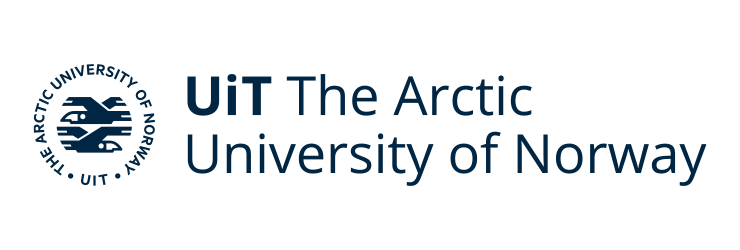
Arctic University of Norway (UiT)
The Arctic University of Norway (UiT) is the third largest in Norway and the northernmost university of the world.
The Health informatics and -technology (HIT) group (former: Medical Informatics & Telemedicine (MI&T) group) was established 1994-95. From the beginning, the group has been responsible for teaching Medical Informatics / Health Informatics courses at the Department of Computer Science. Our research approach is experimental with a focus on health technology (artefacts). The group has a long tradition working with clinicians at the University Hospital of North Norway (UNN), as well as various research groups in Europe and USA.

University of Las Palmas de Gran Canaria (ULPGC)
University of Las Palmas de Gran Canaria (ULPGC) is a modern institution with a long academic record of accomplishment located in Gran Canaria, Canary Islands. In this project, two research institutes are involved: the Research Institute for Applied Microelectronics (IUMA) and the Research Institute for Biomedical and Health Sciences (iUIBS).
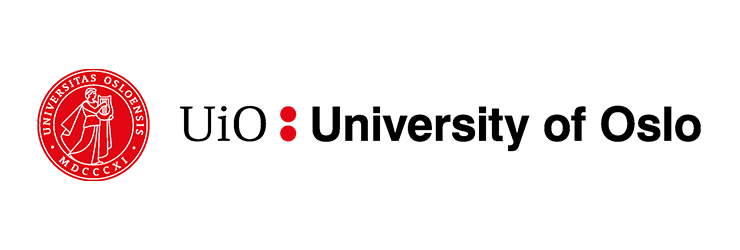
University of Oslo (UiO)
Oslo Centre for Biostatistics and Epidemiology (OCBE) is a joint centre integrating the activities of the Department of Biostatistics, UiO, and the Section of Biostatistics, Epidemiology and Health Economics, Oslo University Hospital. OCBE develops statistical methods and their application to the design, analysis and interpretation of biomedical, clinical and epidemiological studies and data.
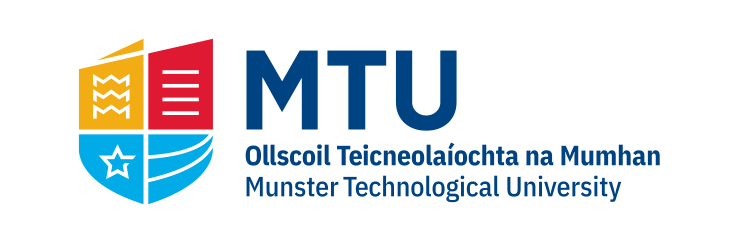
Munster Technological University (MTU)
Munster Technological University (MTU) – former known as the Cork Institute of Technology (CIT) – is a leading third level educational institute in Ireland with over 17,000 students across the Faculties of Science & Engineering and Business & Humanities.
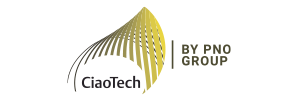
CiaoTech Srl (CIAOTECH)
CiaoTech Srl, (CIAOTECH) the Italian branch of PNO Group, represents Europe’s largest independent public funding and innovation consultancy with 30 years of hands-on expertise with more than 500 funding programmes in most EU countries, annually raising approximately 1 Billion Euro for its clients.
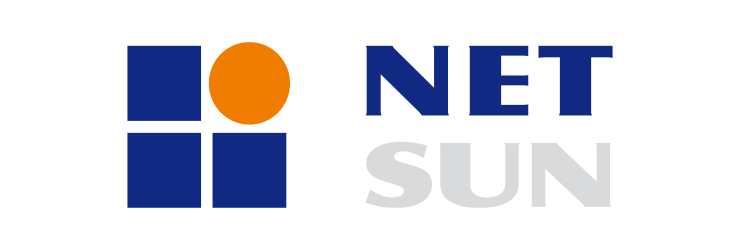
NetSun Software (NETSUN)
NetSun Software (NETSUN) is a software company that provide Web, Mobile and Reporting development services for Large enterprises since 2002.
- Data processing and feature extraction
- Context awareness and simulation of big data
- Usability, personalization and validation of UI
- System Testing on various aspect from User Interface to Data simulations

CNR
The National Research Council of Italy (CNR) is the largest public research institution in Italy, the only one under the Research Ministry performing multidisciplinary activities. Founded as legal person on 18 November 1923, CNR’S mission is to perform research in its own Institutes, to promote innovation and competitiveness of the national industrial system, to promote the internationalization of the national research system, to provide technologies and solutions to emerging public and private needs, to advice Government and other public bodies, and to contribute to the qualification of human resources.
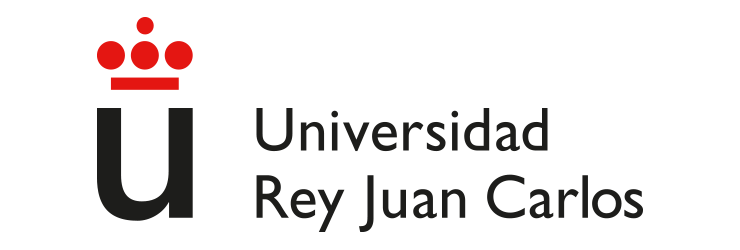
Rey Juan Carlos University (URJC)
The Rey Juan Carlos University (URJC) was founded in 1996 with the objective of offering high quality education and academic and scientific excellence. It is the youngest public university in Madrid, and currently more than 46.000 students are enrolled on its undergraduate and graduate programs and more than 1500 lectures.

Sensotrend (Sensotrend)
Sensotrend (Sensotrend) is a SME company focused on making life with type 1 diabetes easier through innovative apps.
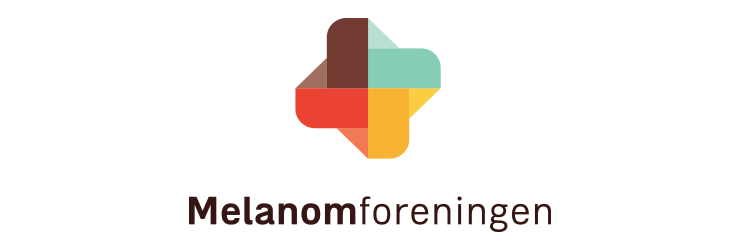
Norwegian Melanoma Association (Melanoma Assoc.)
The Norwegian Melanoma Association (Melanoma Assoc.) is an association for people who have or who has had melanoma/skin cancer, their dependents and others related to this situation.


